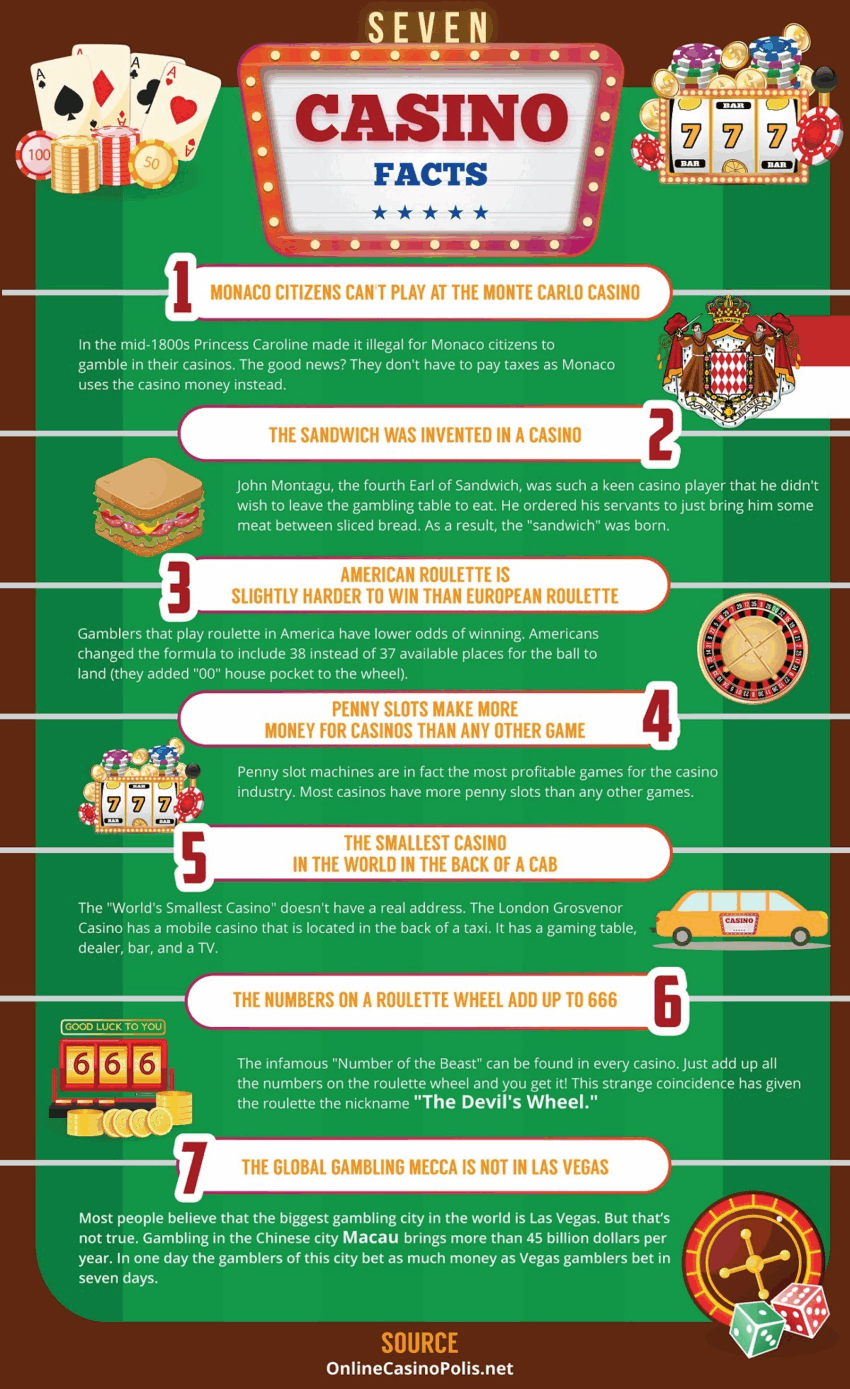Gambling facts present a fascinating glimpse into the complexities surrounding this popular activity, which captivates millions worldwide. As the gambling industry expands—bolstered by the growing acceptance of online platforms and legislative changes—many individuals remain unaware of the myths and realities behind their favorite games. This article aims to illuminate gambling facts while debunking persistent gambling myths, such as the misconception that it’s a guaranteed route to wealth. Moreover, the economic impact of gambling cannot be overlooked, as it generates significant revenue for states and municipalities alike. Importantly, with the rise of online gambling risks, recognizing patterns of gambling addiction is crucial as we dive deeper into this intriguing subject.
Exploring the realm of wagering activities reveals a blend of excitement and uncertainty prevalent in society today. With nearly 60% of adults participating in various forms of betting—from state lotteries to online casino games—it’s essential to understand the underlying gambling statistics and the real implications behind these trends. Engaging in these activities often leads to a mix of facts, fiction, and gambling myths that deserve clarification. By shedding light on the economic consequences of legalized betting and the potential risks of gambling addiction, we invite readers to navigate this landscape informed and equipped to make responsible choices.
Gambling Facts: Separating Myths from Realities
Despite the allure of big wins and success stories that fill the media, the gambling landscape is riddled with misconceptions. Many newcomers to gambling might believe that luck plays the only role in finding financial success, but the reality is far more complex. Gambling actually involves many nuanced factors, such as understanding the odds and house edge, which often results in losses overshadowing wins. For every jackpot winner, there are countless others who walk away empty-handed. This truth challenges the pervasive myth that gambling is a straightforward path to riches.
Moreover, it’s crucial to note that gambling isn’t merely a game of fun and chance; it’s a significant economic activity that can impact lives on various levels. The implications of gambling extend beyond the individual player, affecting families, communities, and even entire economies. With the recent increase in legalized gambling in multiple states, it has become vital to educate the public on the real implications of these changes, including the rise in gambling addiction and the need for effective support systems. Armed with factual information, policymakers and the public can begin to dismantle these myths, fostering a healthier gambling environment.
The Economic Impact of Gambling: Realities and Misconceptions
The discussion surrounding the economic impact of gambling often becomes entangled with myths about the benefits it provides to society. While it is true that legalized gambling can generate significant tax revenue for states, funding essential services such as education and public health, the reality is not so straightforward. Many people assume that these revenues are a magic solution to state budget deficits; however, they do not account for the social costs associated with gambling, such as increased rates of addiction and crime. Studies reveal that for every dollar gained in gambling revenue, there are often multiple dollars spent on public health services and social support programs, which mitigates the overall economic gain.
Furthermore, the economic implications extend to the workforce as well. The gambling industry creates jobs, but many experts argue that these are often low-paying positions that do not necessarily uplift communities economically. The relationship between increased gambling activity and the quality of life of residents is complex. As states and communities grapple with these realities, it becomes paramount to approach gambling legislation with a comprehensive understanding of its multifaceted economic impact, ensuring that decision-makers consider both the potential benefits and hidden costs associated with gambling activities.
Frequently Asked Questions
What are the common myths about gambling and its impact on addiction?
Many people believe that gambling is a guaranteed way to wealth, but this is a myth. Most outcomes are random, and the house always has an edge. Furthermore, some think gambling cannot lead to addiction, yet statistics show that 1-2% of individuals may develop gambling addiction. Recognizing these gambling facts is crucial for informed decision-making and ensuring responsible gambling practices.
How does online gambling compare to traditional gambling in terms of risks?
Online gambling presents unique risks, including a higher potential for addiction due to its accessibility. While both forms of gambling can lead to financial losses, studies indicate that online gambling surged by 30% during the pandemic, amplifying concerns about gambling addiction. Understanding the economic impact of gambling and recognizing these risks can help gamblers make better choices.
| Key Points | Description |
|---|---|
| Gambling Participation | Approximately 60% of U.S. adults engage in some form of gambling, a figure that is steadily increasing. |
| Common Myths | 1. Gambling is a guaranteed path to wealth. 2. Players can consistently beat the house edge. 3. Gambling is not an addiction. 4. Online gambling is safer than traditional gambling. |
| Gambling Addiction | Recognizing gambling addiction is crucial, with about 1-2% of the population estimated to struggle with it. |
| Economic Impact | Legalized gambling generates significant tax revenue, with states seeing average growth of $30 million in the first year post-legalization. |
| Online Gambling Rise | The increase in online gambling platforms has raised concerns over consumer protection and addiction risks. |
Summary
Gambling facts are essential in grasping the complex realities of this multifaceted topic. As more individuals participate in gambling activities, understanding the associated risks and myths becomes increasingly critical. The rise of online gambling has transformed the landscape, making it even more imperative for people to recognize the potential for addiction and the need for responsible gaming. Through education and awareness, we can approach gambling not just as a form of entertainment, but with respect for its complexities and challenges. By staying informed and debunking myths, we collectively foster a healthier relationship with gambling practices.
